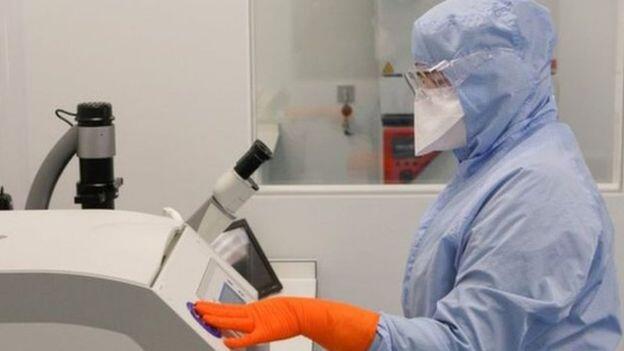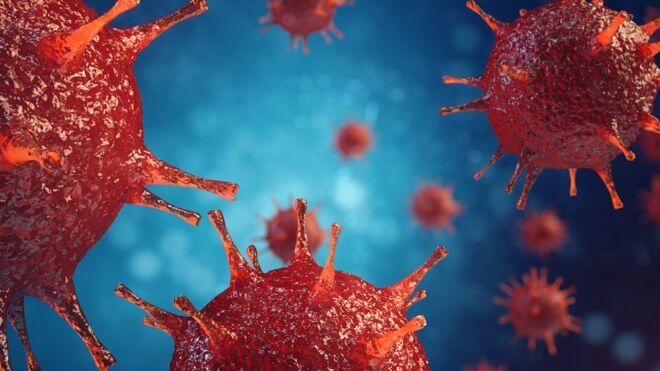Simple sugar supplement ‘can slow cancer growth
source: https://www.bbc.com
Researchers at Glasgow University have found evidence that a simple sugar supplement can slow the growth of cancer.
The team from the Cancer Research UK (CRUK) Beatson Institute also found it could make chemotherapy more effective against some tumours.
They carried out their experiments on mice but say it could one day lead to human treatment.
The Glasgow study may point to a way of “starving” cancerous cells.
Every cell in our bodies feeds on the sugar glucose. Tumour cells consume even more.
The team, led by Prof Kevin Ryan of Glasgow University, fed mice with tumours another sugar called mannose.
Mannose occurs naturally in many fruits. It is also made in some cells in our bodies.
Its molecular structure is very nearly identical to that of glucose but the tiny difference seems to hold a crucial key.

The mice had different types of tumours. Some were given mannose three times a week through a feeding tube. Others got it continuously in their drinking water.
Writing in the journal Nature, Prof Ryan’s team report the mice showed no obvious side effects from the mannose. More importantly, the sugar appeared to reduce significantly the growth of some kinds of tumours.
The process was repeated, this time with the widely-used chemotherapy drugs cisplatin and doxorubicin to see if mannose increased their effectiveness. In some cases, tumour growth appeared to slow and the lifespans of some mice actually increased.
Fewer tumours
The reason? The tumours, hungry for glucose, were being starved. Mannose seems to get in the way.
The experiments suggest that mannose does not so much block glucose getting to the cancer cells but rather affect how those cells try to use the glucose.
A key sign that it is working is the presence of an enzyme called phosphomannose isomerase (PMI). Mannose is linked to lower levels of PMI in cancer cells.
The Beatson Institute researchers tested this aspect on human cancer cells in the lab.
Ovarian, kidney, breast, prostate and bowel cancer cells were among those tested. The lowest PMI levels were found with bowel cancer cells. Mice with the same cancer also developed significantly fewer tumours.
There are, however, significant caveats. This is not a cancer cure. It may not even be a treatment.
To move from this discovery to something that can be given to patients may take years.

Prof Ryan says the results are promising but further research is needed to confirm the findings.
He said: “What we’ve done is taken things to a pre-clinical stage.
“But of course anything that’s going to go forward as a treatment would need to be tested in humans.
“We’re pushing forward towards clinical trials as fast as we can.”
One positive aspect of that is that mannose is already sold as a dietary supplement. Doctors can prescribe it as a short-term remedy for some urinary infections.
But the implications of long-term treatment are not known.
‘Glimmer of hope’
The head nurse at CRUK, Martin Ledwick, is warning cancer patients not to self-prescribe mannose.
“This is very early research,” he says.
“There is a real risk of negative side effects that haven’t been tested for yet.
“It’s important to consult with a doctor before drastically changing your diet or taking new supplements.”
The Beatson Institute research has been jointly funded by CRUK and the St Andrews-based charity Worldwide Cancer Research (WWCR).
The chief executive of WWCR, Dr Helen Rippon, says it gives “a glimmer of hope” that an easily-available sugar might in future become a cheap and safe addition to cancer treatment.
“At the moment it is too early to say whether it will benefit people as well as mice.
“But saving lives starts with discoveries like this.”
source: https://www.bbc.com




